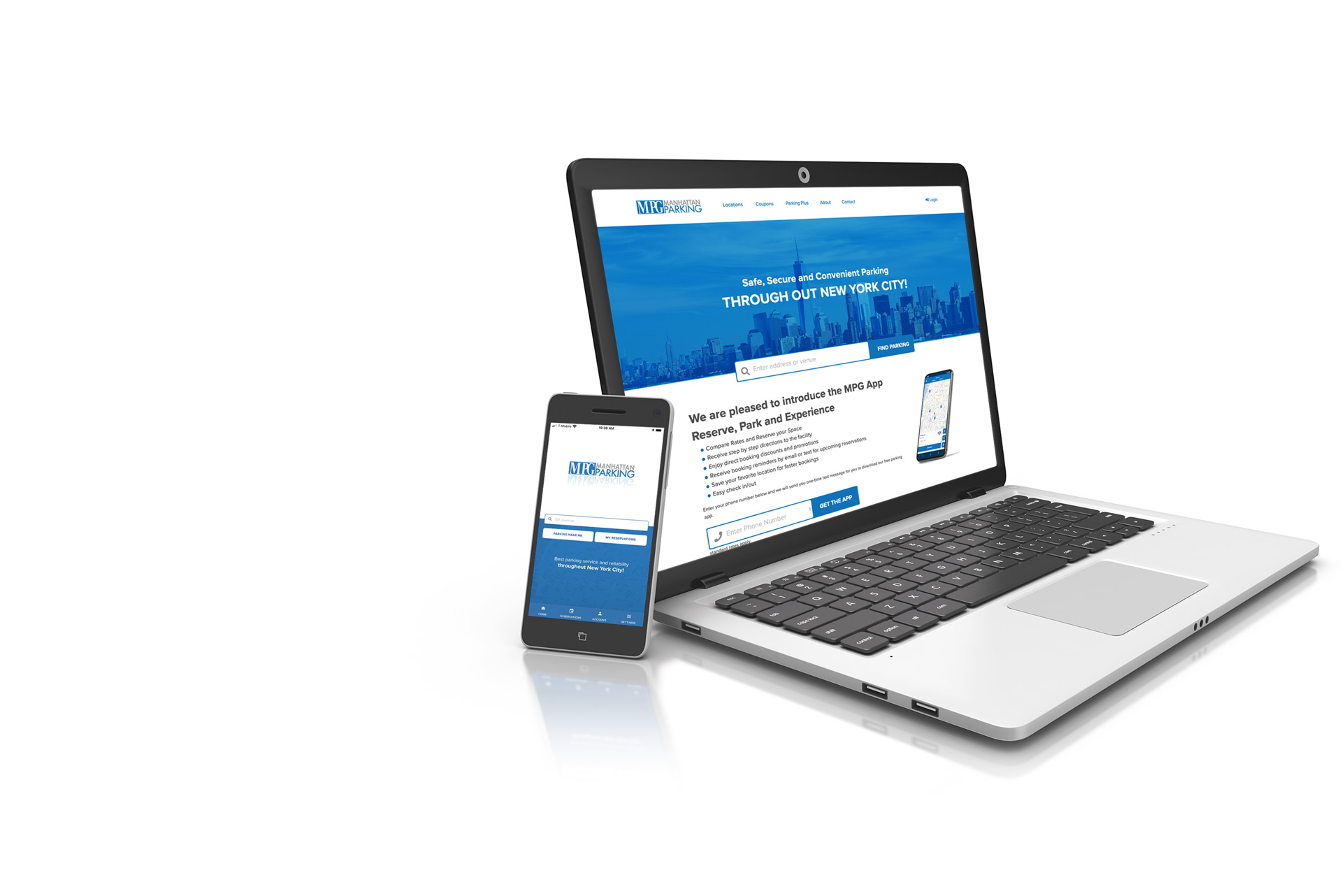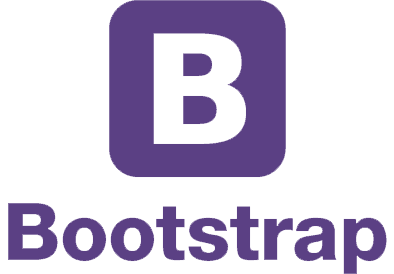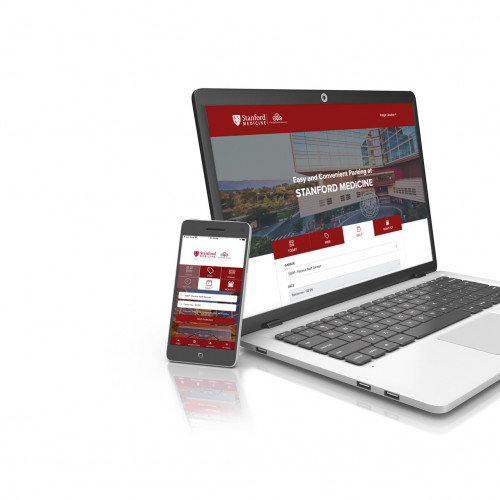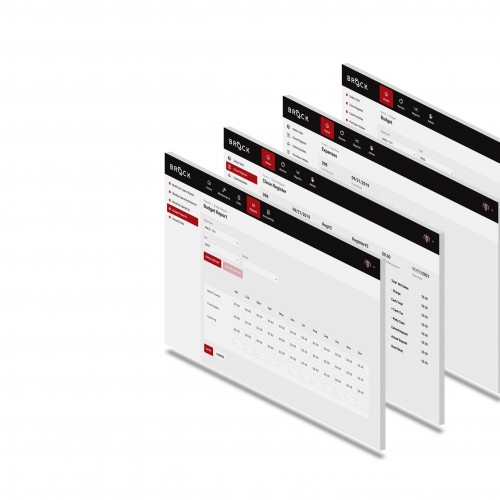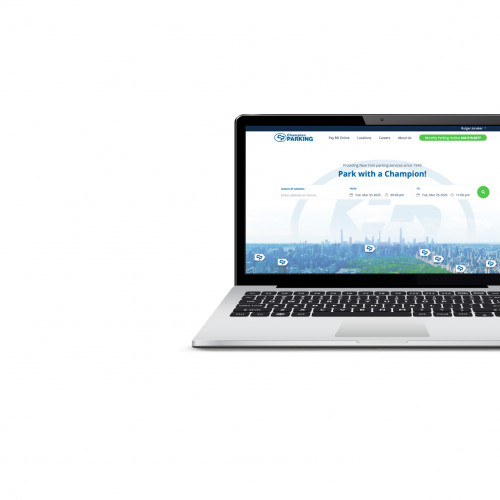After we’ve agreed with the client on the scope of the project, it was time to pick the proper technology stack.
MPG Parking System—mobile app development
For mobile development, we’ve had to ensure compatibility with both Apple and Android smartphones. We needed the software to be available via the Apple App Store as well as Google Play.
It was expected that the users will rely on optional push notifications for their reservation, as well as promotional offers delivered in the same manner.
From the functionality standpoint, the MPG Manhattan Parking app suite consists of three major features. The users can search for available garages and their respective addresses, as well as nearby businesses. After all, one might want to find a garage that’s closest to the location of your meeting—not the other way around.
To proceed, users need to enter the date and time of their arrival and departure. The best-suited search results will be displayed via a New York City street map and a garage list sorted by the distance from their preferred location. Moreover, users can sort the results to find either the closest, or the cheapest garage. Once they’ve clicked on an individual garage, they’ll find all the necessary information in a separate view.
Users can pay for their reservations through an integrated credit card gateway. The payment is always processed in full.
We’ve set the foundation for user retention with an account-based system. Everyone can register and log in via their phone/email credentials and have the ability to manage their reservations, review parking history, manage their accounts, rate individual garages, and parking experiences.
MPG Parking System—web app development
While a mobile application was a new endeavor for our client, we’ve also had to take care of the pre-existing landing page. The public website needed to be converted to a PHP framework—Laravel. Our team has updated the theme and extended its functionality to reach compatibility with the MPG Parking System. Moreover, we’ve designed it with responsiveness in mind—it’s now compatible with all new browsers on both desktop and mobile.
The feature set of the user-facing web MPG application is the same as in the mobile apps. We believe that—regardless of the project—it’s crucial to offer a similar, high-quality, platform-agnostic experience.
MPG Parking System—administration portal
Until now, we’ve been describing the functionality from the MPG end-users perspective, however, we’ve also had to take care of two other target groups: MPG Administrators and Garage Administrators. We’ve ensured that both groups have access to five major modules.
Reservations hold all reservations made via mobile and web apps. The administrators can fully manage the entire lifecycle of the reservation, making it easy to assist the users and learn from their actions. Transactions tab is responsible for payments made towards the payment processor, and Customers hold all accounts ever created via any of the applications. There’s also Inventory that provides complete management of available parking spots per garage, and Pricing that equips the administrators with full management of pricing on parking spots per garage and vehicle category (Standard, Oversized, Supersized).
API Backend—interoperability is a must
While user-facing elements of the software are important, it’s also incredibly valuable to ensure that the app can communicate with external systems. Interoperability is key in our world.
MPG Parking System’s API handles crucial operational tasks. We’ve integrated with OneSignal to enable push notifications, developed a secure payment processor integration to validate payments submitted via mobile and web applications, and established endpoints for the website and the administration portal. We’ve also taken care of the parking attendant systems by here developing two separate integrations.
API also assists in reporting—which is an important part of any software that assists in management. We’ve built features that allow select recipients, per garage, to receive formatted reports via email on a daily and monthly basis. Administrators of individual garages can also report Excel files. Users, on the other hand, can redeem printed MPG coupons to apply discounts at a selected garage.
